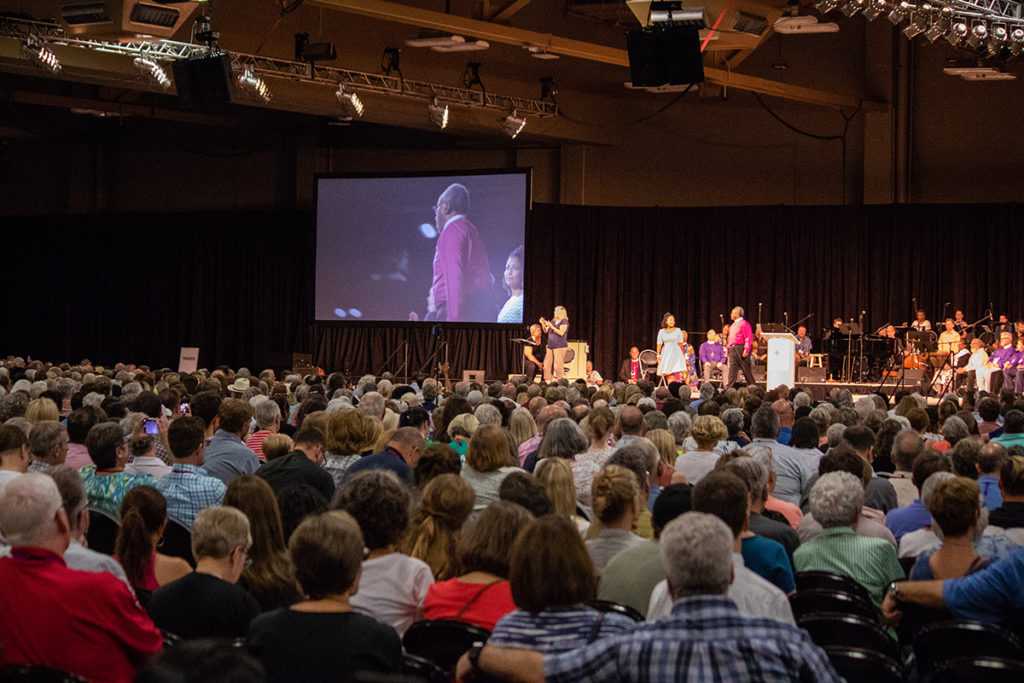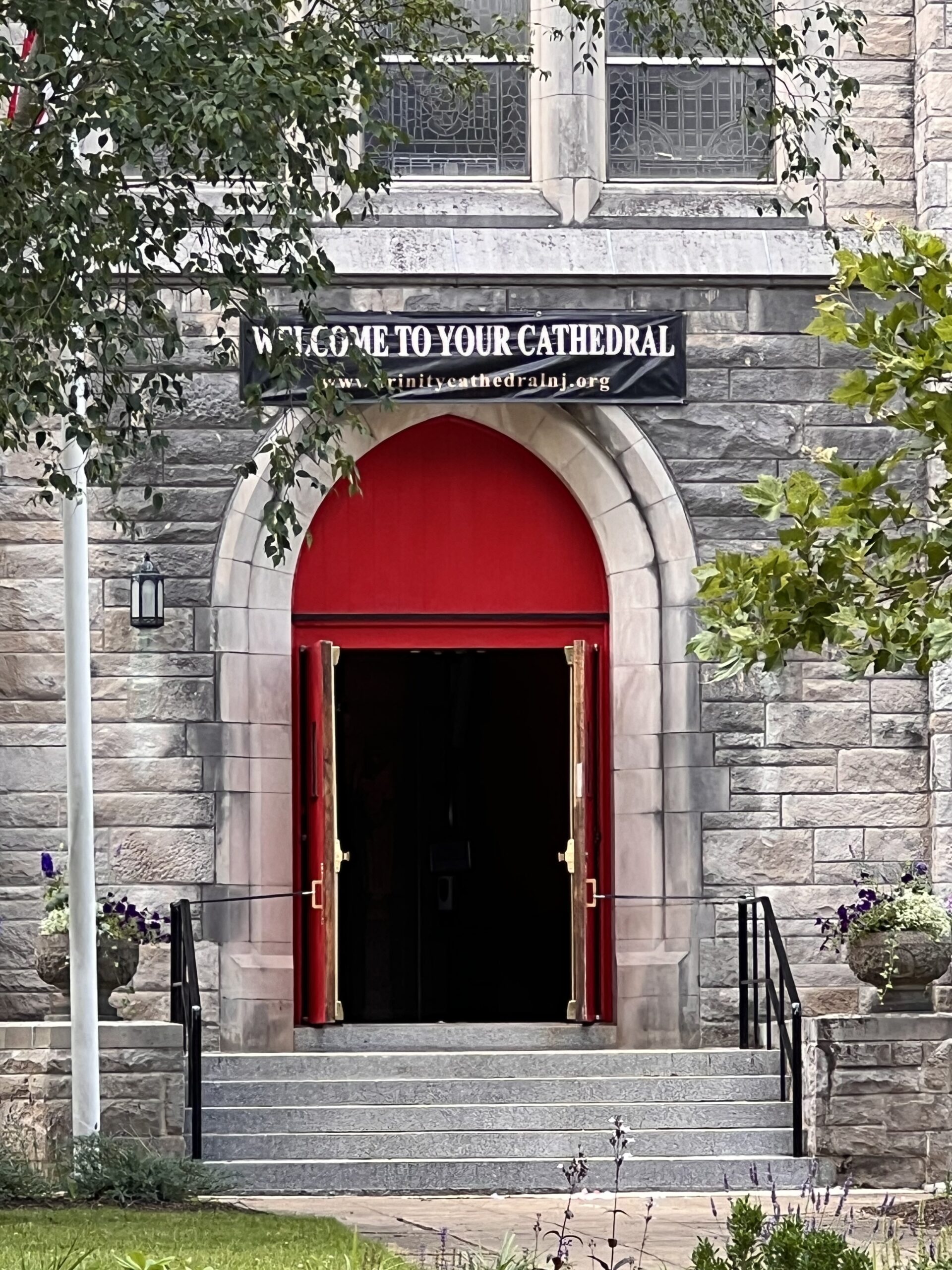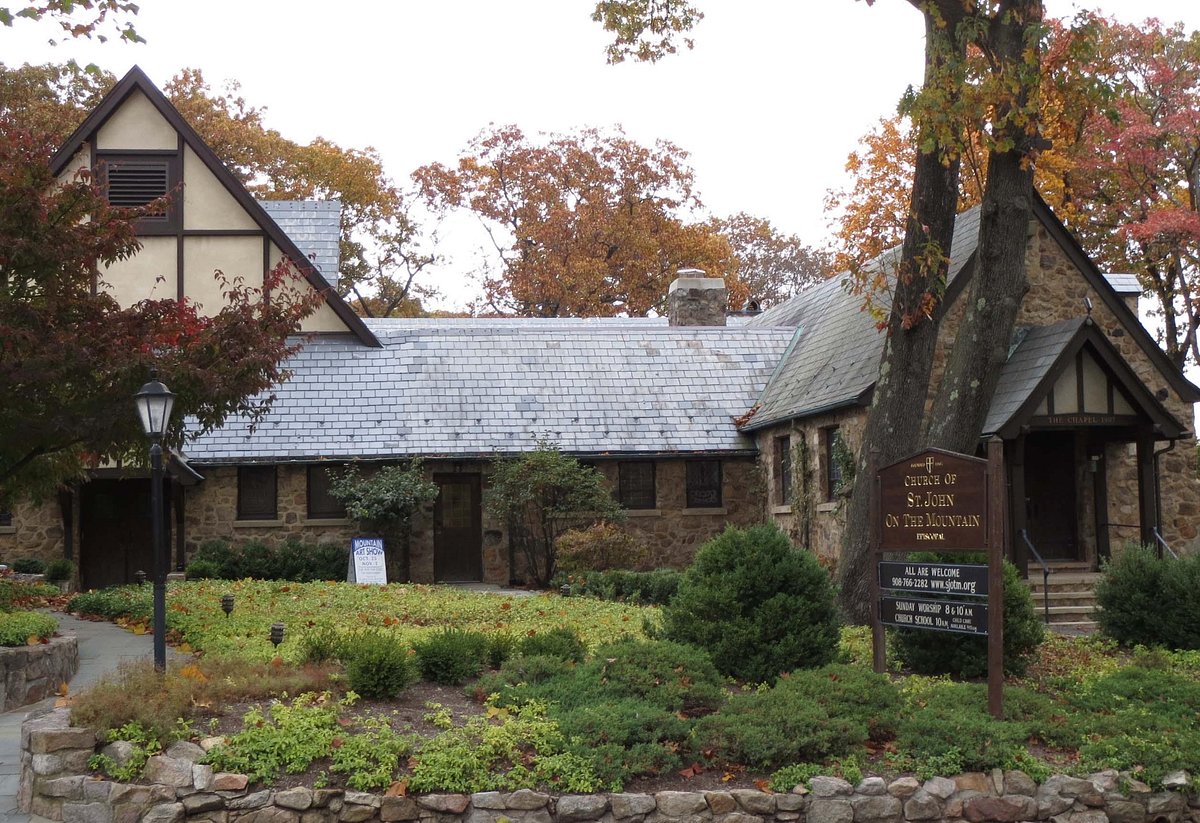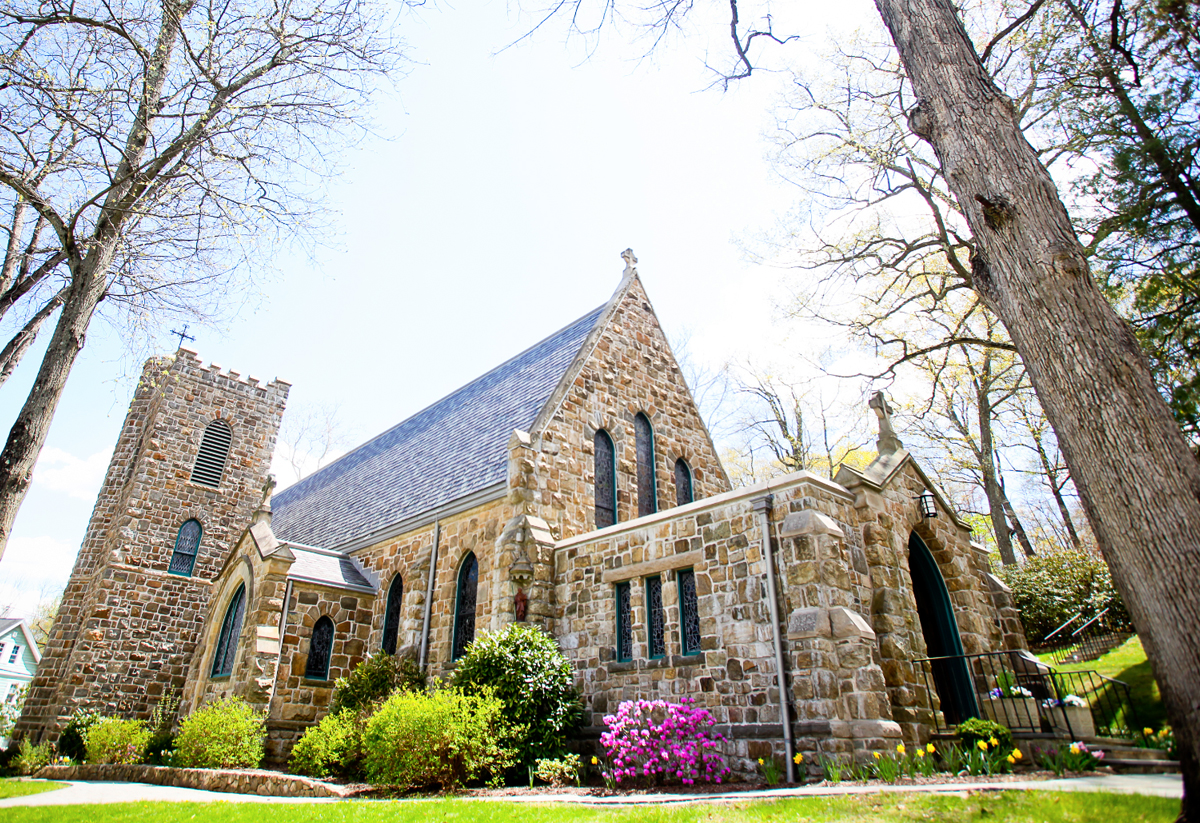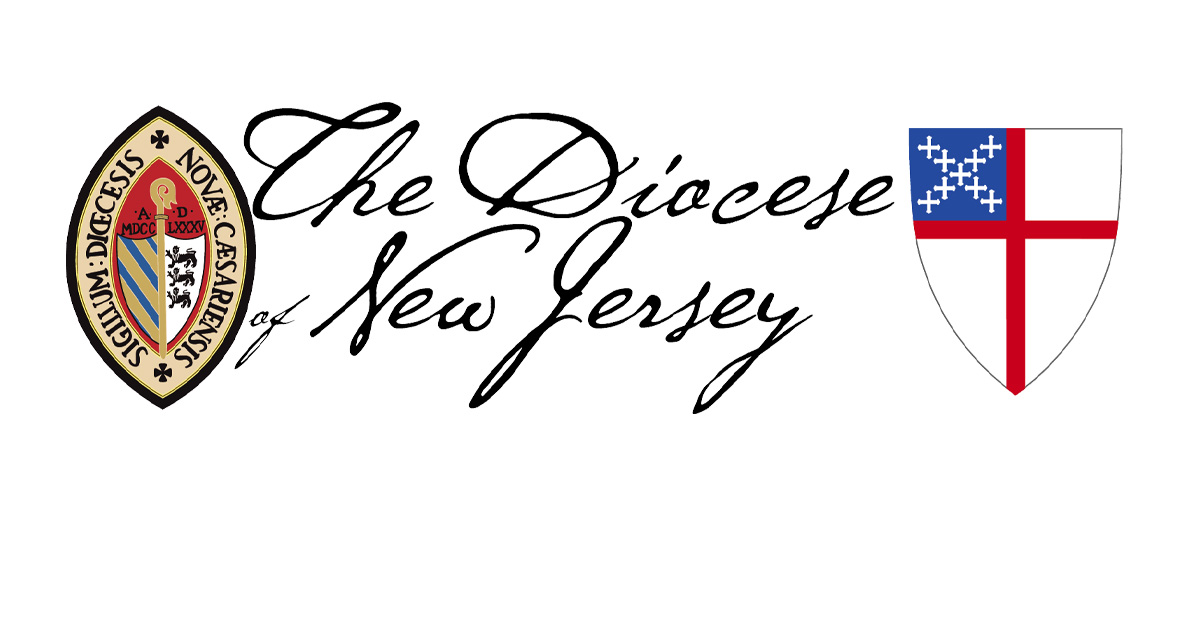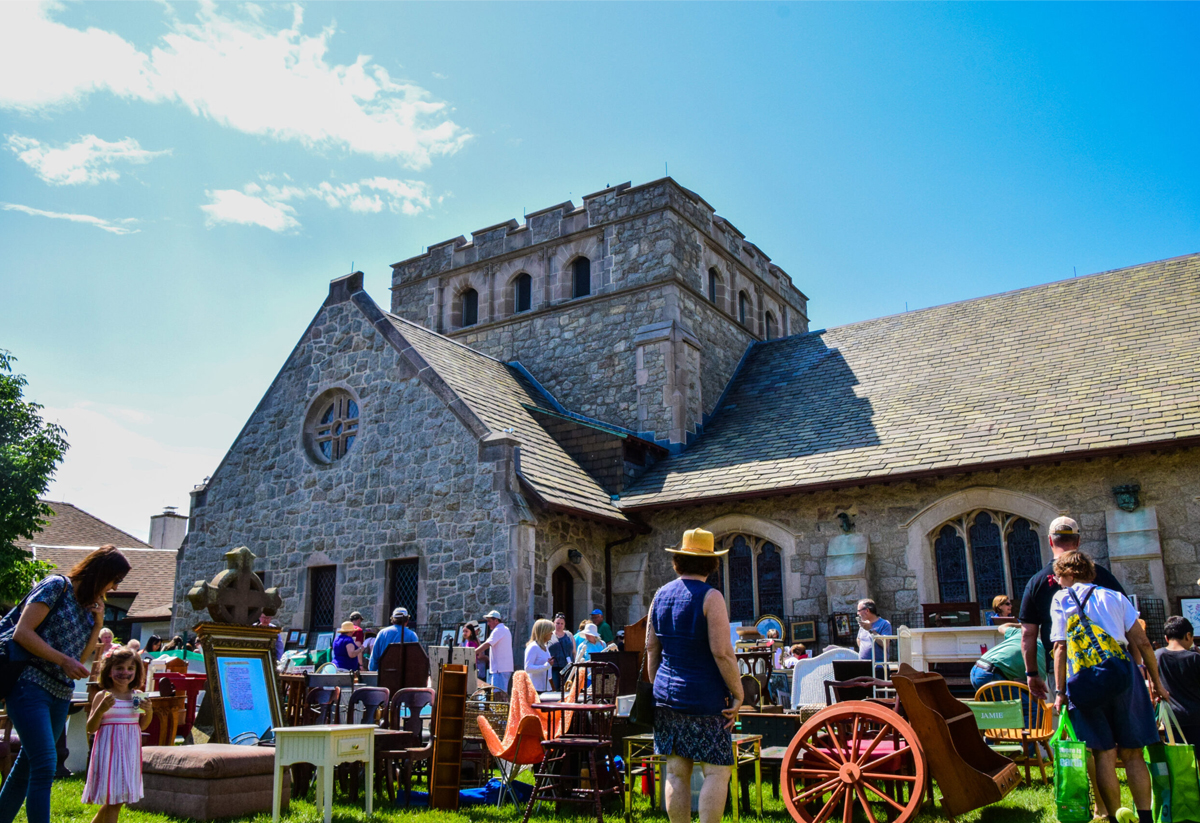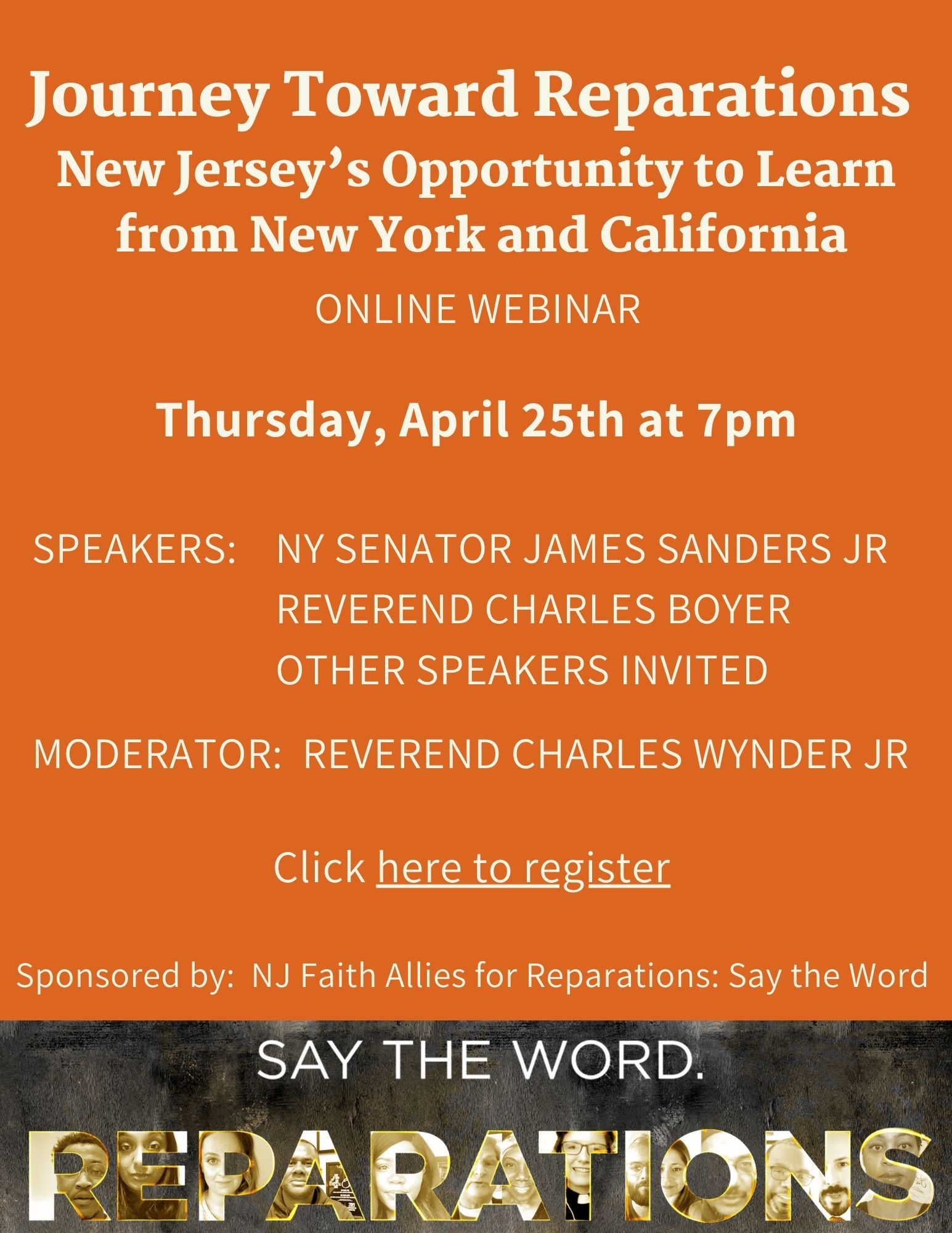Deputies to the Convention of the Diocese are elected by their parish or mission congregations, but this does not mean that they are just agents appointed to mindlessly carry out the will of the groups who elected them. The Constitution and Canons of the Diocese of New Jersey specifically use the term “Deputy” to designate the lay members of the church who are entitled to vote at Conventions of the Diocese—not “delegate” or some other term. The term was chosen by the Diocese by analogy to that used for Deputies to the General Convention as part of the polity of The Episcopal Church. Lay and Clergy Deputies elected by their Dioceses comprise the House of Deputies of The Episcopal Church which, along with the House of Bishops, is the supreme legislative authority of the denomination.
Dr. Bonnie Anderson, former President of the House of Deputies, examined the terminology in her essay, A Rich History: Why we are Deputies and not Delegates. The attendees of the first General Convention of the Church in 1785 were termed deputies. The term originates from the Latin deputare, meaning “to ponder”. In those early days, it was understood that
Representatives to Church councils were deputized to act fully and freely on behalf of what they thought to be the best interests of the Church while they deliberated in the confines of Council.
The Episcopal Church was thus governed by “deputies” in this sense (the House of Bishops was added in 1789). Dr. Anderson concluded:
The nature of the events that took place in America between 1782 and 1789, and the use and meaning of the word “deputy” help us to understand our role as deputies today. Each deputy is elected to General Convention by his or her own diocese. As deputies, we know our diocese and the people of the diocese know us. We are not elected simply to represent the views of our diocese or any particular constituency.
Deputies are extraordinary representatives who, “Ideally . . . should reflect the will of the whole Church, act for the whole Church, and speak to the whole Church.”
By using this same term on the Diocesan level, it should be clear that Convention Deputies are to vote their own individual consciences and to act in the best interests of the Diocese as a whole rather than as a mouthpiece for their local congregations.
This is not to say that Deputies cannot be informed by discussions with their fellow congregants: Informed conversations can be instructive of the issues. But in the end, each Deputy must act and vote on the basis of the urging of their conscience and of the Holy Spirit.

